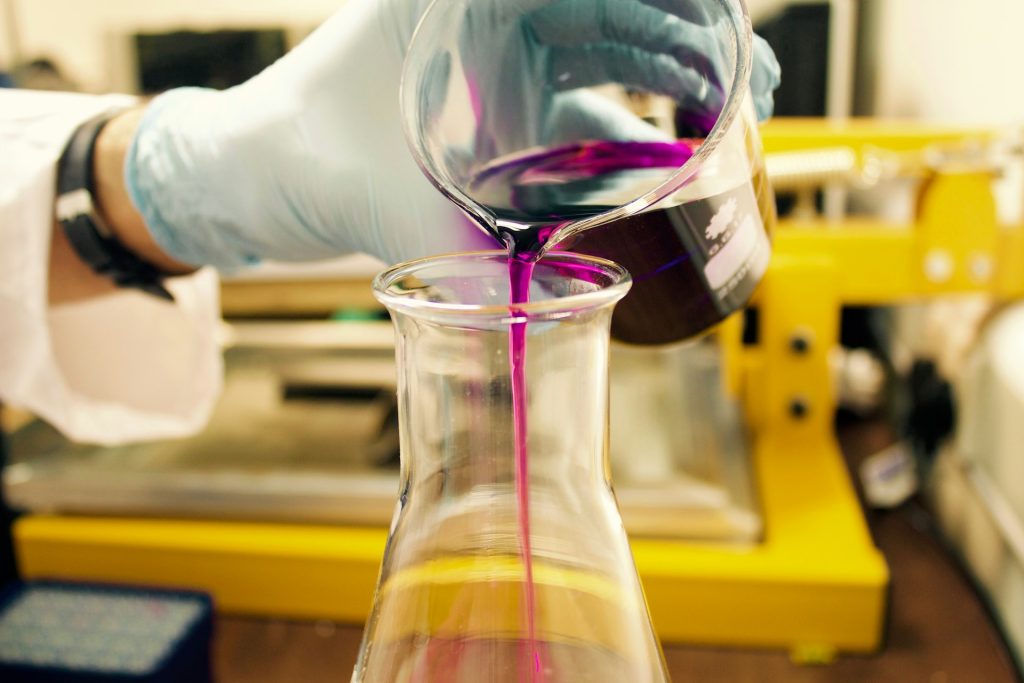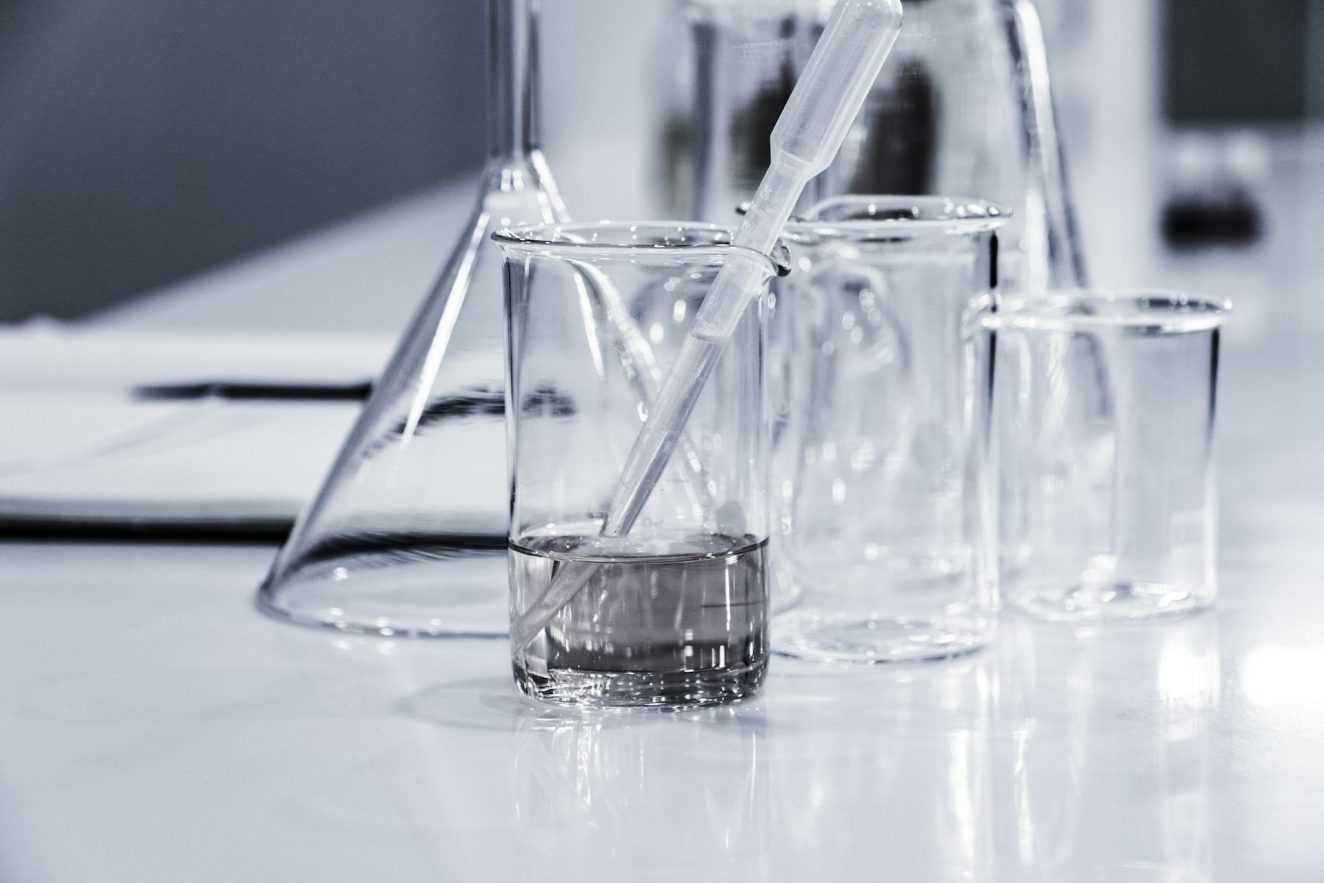Chemicals play a pivotal role in our daily lives, contributing to various aspects of our well-being and progress. From enhancing our food’s freshness to powering our vehicles, chemicals are indispensable. However, it’s crucial to recognize that, under certain circumstances, chemicals can pose health risks. To ensure your safety and that of your loved ones, being prepared for chemical emergencies is essential. This article, endorsed by the American Red Cross, unfolds the significance of chemical emergency preparedness, covering prevention, immediate actions, and what to do during an emergency.

Understanding Chemical Exposure
Chemical exposure can occur through inhalation, ingestion of contaminated substances, or direct contact. Importantly, exposure may happen even without visible or noticeable signs, emphasizing the need for awareness.
Prevention: A First Line of Defense
Most chemical accidents transpire within the confines of our homes. Yet, a few simple precautions can avert these emergencies. Key preventive measures include:
- Avoiding Chemical Mixtures:
- Toxic Combinations: Refrain from mixing chemicals, especially common household products, as certain combinations can produce harmful and toxic gases.
- Prudent Product Use:
- Reading and Following Instructions: Always read and adhere to product instructions, particularly regarding usage in confined spaces, personal protective equipment, and safe disposal.
- Proper Storage:
- Container Identification: Store non-food products in their original containers, ensuring clear identification and appropriate usage. Consider minimizing chemical storage at home and opt for buying only what’s needed.
- Fire Safety:
- Vigilance against Fires: Exercise caution by avoiding smoking during chemical use. Keep combustible items away from open flames generated by appliances, candles, or pilot lights.
- Immediate Cleanup:
- Safe Handling of Spills: Swiftly clean up spills with protective measures, allowing fumes to dissipate outdoors before disposal.
- Disposal Awareness:
- Proper Disposal: Dispose of unused chemicals correctly. Many household hazardous waste facilities accept various products. Check with local authorities for guidance on recycling and disposal.

Immediate Actions During a Chemical Emergency
In the event of a chemical emergency, prompt and coordinated actions are necessary:
- Authorities’ Instructions:
- Adherence to Authority Guidance: Follow instructions from emergency response authorities carefully. Sirens, calls, or loudspeaker announcements are typical methods of communication.
- Indoor Sheltering:
- Safety Indoors: If instructed to “shelter in place,” close windows, vents, and turn off fans or HVAC systems. Gather family and pets in a secure room, listening to emergency broadcasts for updates.
- Evacuation Protocols:
- Following Disaster Plans: In case of immediate evacuation, adhere to your Family Disaster Plan. Pack essentials, including medications, and follow recommended routes. Prioritize safety and avoid shortcuts.
- First Aid Considerations:
- Injury Assessment: If encountering someone injured from chemical exposure, ensure your safety before administering first aid. Quick and informed action is key.
- Communication Channels:
- Emergency Contacts: Limit phone use to life-threatening situations. Contact Poison Control Center (1-800-222-1222), EMS, 9-1-1, or the operator as needed.
Poisoning and Child Safety
A substantial number of home chemical emergencies involve children ingesting substances. To mitigate risks:
- Childproofing Measures:
- Out of Sight, Out of Reach: Store medicines, cleaning products, cosmetics, and chemicals out of children’s sight and reach, aiming to eliminate up to 75 percent of poisoning cases.
- Immediate Action for Ingestion:
- Prompt Response: In case of ingestion, locate the container, call Poison Control Center (1-800-222-1222), EMS, 9-1-1, or the operator, and follow their instructions. Avoid offering anything by mouth until advised by medical professionals.

As we navigate the intricacies of our chemical-filled environment, preparedness emerges as the cornerstone of our defense against potential emergencies. By adopting preventive measures, understanding emergency protocols, and staying informed, you empower yourself and your family to face chemical emergencies confidently. Remember, the best protection is preparedness – a shield that ensures your safety and well-being in the face of unforeseen challenges.





